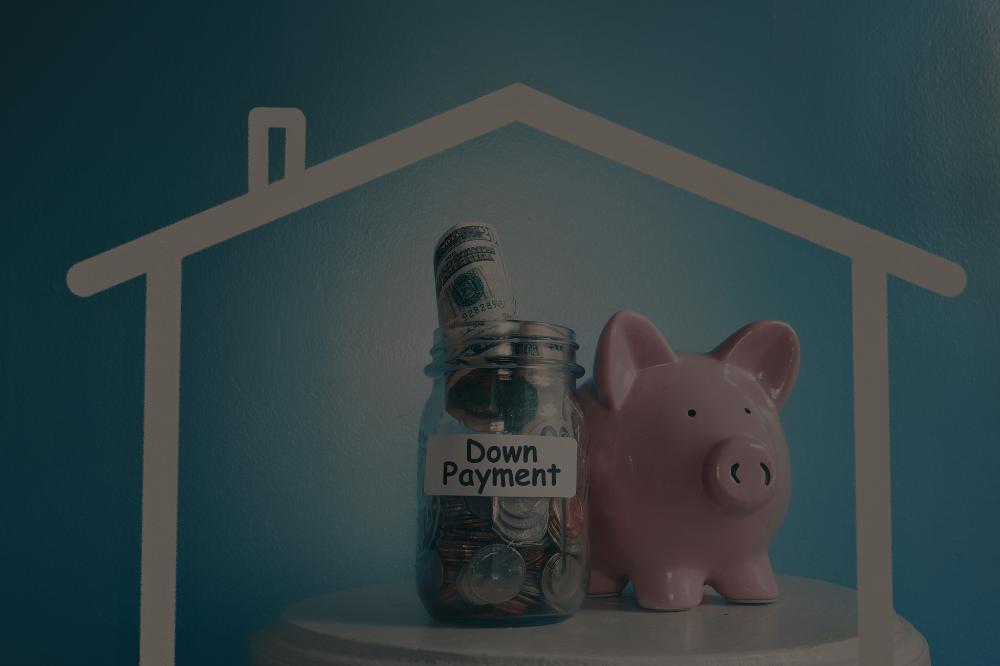Get to know more about what a down payment is and learn how you can make the most out of it!
When buying a house or a car, you’ll most likely stumble upon the term down payment. But do you know exactly what it means and how it impacts the amount you pay monthly on your purchase? Well, that’s what we are going to answer!
Get to know more about it and learn how you can make the most out of it, so you can find a solution that might suit you best. Also, if you want to check out more financial tips on our website, you can click on this link!
What Is A Down Payment?
It is essentially an initial, upfront payment made when purchasing a high-value item, such as a home or a car. It represents a percentage of the total purchase price, and the remaining balance is typically financed through a loan. In the context of real estate, the down payment is crucial as it demonstrates your financial commitment to the lender and reduces the overall loan amount.
How Does It Work?
Typically, first-time home buyers pay about 6% of the home’s purchase price upfront. The rest is usually financed through a mortgage from a bank or financial institution. In the case of buying a car, a down payment of at least 20% of the vehicle’s price is often recommended.
The minimum percentage required is set by the lender, but borrowers have the option to put down more. This higher it is, the better. By paying more upfront, it can help reduce the total interest paid over the life of the loan. Let’s say your buying a $300,000 house and you decide to make a 20% down payment, you’ll need to pay $60,000 upfront. The remaining $240,000 will be financed through a mortgage.
Pros and Cons of a Down Payment
Pros:
- Lower Monthly Payments: it reduces the principal amount of your mortgage/loan, resulting in lower monthly payments;
- Lower Interest Costs: by borrowing less, you’ll pay less interest over the life of the loan, saving you money in the long run;
- Higher Equity: the more you have already paid means you own a greater percentage of your home/car from the start, building equity faster;
- Improved Lender Confidence: it shows financial stability and can make you a more attractive borrower to lenders.
Cons:
- Opportunity Cost: saving for a large down payment may require delaying other financial goals, such as investing or retirement savings;
- Difficulty for First-Time Buyers: accumulating a substantial amount for the down payment can be challenging, especially for first-time homebuyers;
- Market Conditions: in rapidly appreciating markets, a smaller down payment might allow you to purchase a home sooner before prices rise further.
How Does a Down Payment Affect My Monthly Payments?
The amount of your down payment directly influences your monthly mortgage/loan repayments. A bigger one equates to a smaller loan amount, resulting in lower monthly payments. Conversely, a smaller one increases the loan amount and, consequently, your monthly mortgage payments. On top of that, a higher down payment can lower the interest rates, once it shows your commitment and repayment capabilities, making you a more trustworthy borrower.
To get a clearer picture of how it impacts your monthly payments, you can use online mortgage calculators. These tools allow you to input the home price, down payment amount, interest rate, and loan term to estimate your monthly mortgage payment.
How Much Do I Need for a Down Payment?
While saving for a 20% down payment is often considered ideal, it’s essential to consider your financial situation and goals. Many lenders offer options with the required amount being as low as 3.5% or even less. Just keep in mind that the minimum required amount varies depending on several factors, including:
- Type of Mortgage/Loan: different mortgage/loans have varying down payment requirements. For example, FHA loans often have lower thresholds compared to conventional loans;
- Credit Score: a strong credit score may qualify you for lower amounts required;
- Purchase Price: the overall cost of the item (home, car…) will determine the minimum required.
Tips:
- Start Early: begin saving for a down payment as soon as possible to maximize your options;
- Explore Down Payment Assistance Programs: some government and non-profit organizations offer programs to help first-time homebuyers;
- Consider Your Financial Situation: make sure that you’re going to have enough money for the monthly loan repayment before making any purchases.

